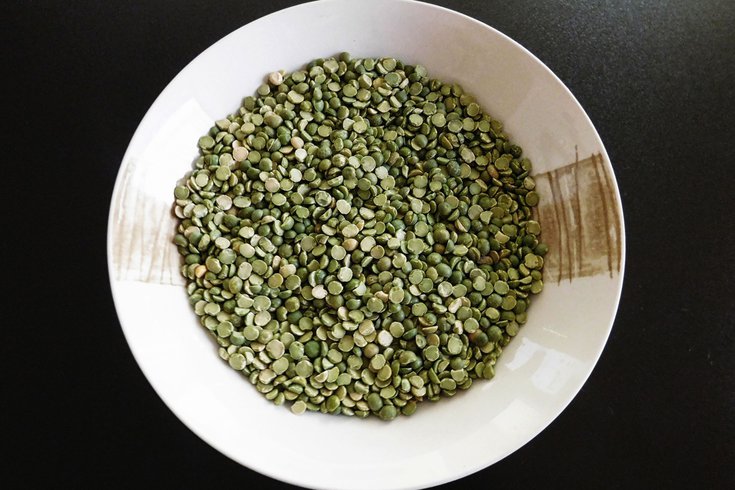
January 10, 2021
 Source/Image licensed from Ingram Image
Source/Image licensed from Ingram Image
Lentils are among the foods with the highest fiber content. Dietary fiber provides a range of health benefits, from preventing constipation to reducing the risk of depression.
Whenever you had trouble with bowel movements growing up, your mother probably told you to eat more fiber. She wasn't wrong.
However, dietary fiber — found mostly in fruits, vegetables, whole grains and legumes — offers other health benefits as well. Many of them are physical, but new research suggests fiber also reduces the risk of depression in premenopausal women.
Dietary fiber often is referred to as roughage because it includes the parts of plant foods that the body can't digest. Instead of being broken down and absorbed by the body, it passes mostly intact through the stomach, small intestine and colon before leaving the body.
Fiber often is classified as either soluble, meaning it dissolves in water, or insoluble, meaning it just passes out of the body. Soluble fiber, according to the Mayo Clinic, forms a gel-like material when dissolved in water. Insoluble fiber facilitates the digestive process and adds to stool bulk, softening it.
Foods with soluble fiber include oats, peas, beans, apples, citrus fruits, carrots, barley and psyllium. Insoluble fiber can be found in whole-wheat flour, wheat bran, nuts, beans and vegetables, such as cauliflower, green beans and potatoes.
Dietary fiber is really good for physical health, but some research suggests that it can improve mental health as well. Here are four benefits of dietary fiber:
1. Prevents or improves constipation
Fiber normalizes bowel movements, decreasing the chance of constipation and the risk of developing hemorrhoids and diverticular disease in the colon.
2. Helps maintain a healthy weight
Eating foods high in fiber can help people feel full longer, nutrition experts say. This means they will be less likely to to snack later, consuming less empty calories. These foods also have less calories than the same volume of other types of foods.
3. Lowers risk of chronic diseases
A high-fiber diet can lower the risk of diabetes, heart disease and some types of cancer, according to the Cleveland Clinic. Studies have shown that it likely lowers the risk of intestinal cancer. A diet high in fiber can reduce blood pressure and inflammation.
Soluble fiber found in beans, oats, flaxseed and oat bran also may lower total blood cholesterol levels by decreasing low-density lipoprotein or "bad" cholesterol levels. It also can slow the absorption of sugar in people with diabetes and make it easier to control blood sugar levels. Insoluble fiber also has been proven to help reduce the risk of developing type 2 diabetes.
4. Reduces the risk of depression
Researchers have found associations between depression, inflammation and dietary fiber in several studies. Lifestyle interventions, including diet, are known to reduce depression risk.
A recent study by the North American Menopause Society found high dietary-fiber intake can decrease the risk of depression, particularly in premenopausal women. Estrogen depletion may play a role in the lack of a protective effect among postmenopausal women, the researchers said.
For maximum health benefits, people should eat a wide variety of high-fiber foods, nutrition experts say.
The Institute of Medicine recommends 38 grams daily for men age 50 or younger and 30 grams for men age 51 or older. Women should be consuming 25 grans daily if they are age 50 or younger and 21 grams if they are age 51 or older.
Ten to 15 grams of total daily fiber should be from soluble fiber, according to the Academy of Nutrition and Dietetics. Remember that refined processed foods — canned fruits and vegetables, white breads and pasta and non-whole grain cereals — are lower in fiber.